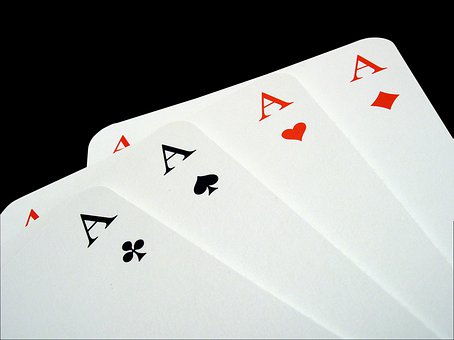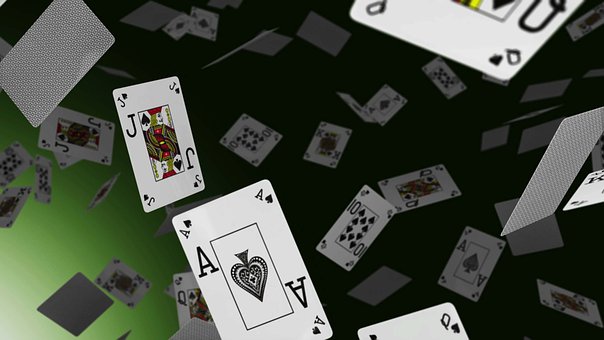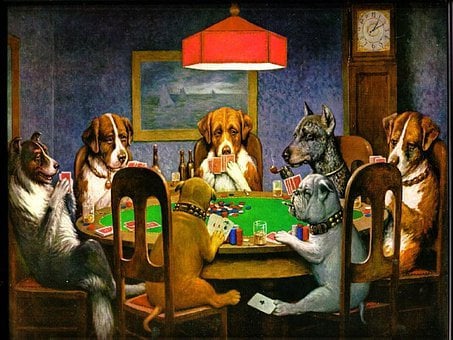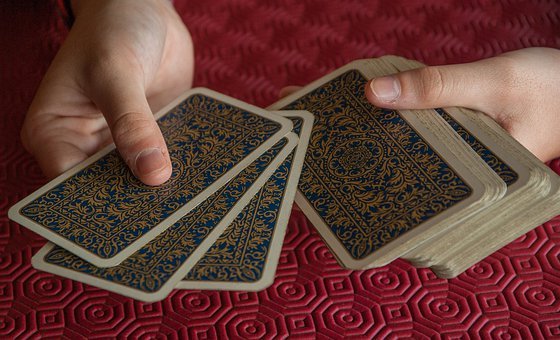It is crucial to gauge your progress and growth as a poker player. This way, you can track your improvement and see if you are making the right decisions in your gameplay. One good way to do that is to ask yourself important questions as you play poker, such as the following:

1. Are you consistently winning or losing?
If you find that you consistently win, this is a good sign that you are progressing as a poker player. On the other hand, if you find that you are losing more often than winning, you might have to brush up on the game’s foundations before returning to the game.
2. How much money are you winning or losing?
Your winnings and losses are good metrics for your progress as a poker player. If you find that you are winning more money than you are losing, you are progressing and making better decisions in your gameplay. However, if you find that you are losing more money than you are winning, it might be time to take a step back and reassess your gameplay.

3. What is your win rate?
Your win rate is simply the percentage of poker hands that you end up winning. If you find that your win rate is increasing, then this means that you are progressing as a poker player. However, if your win rate decreases, you might be doing something wrong. Try to recall why you’ve been losing lately and find a way to solve that problem.
4. Are you making better decisions?
This is perhaps the most critical question to gauge your progress as a poker player. If you find that you are making better decisions in your gameplay, then you are progressing. However, if you find that you are making worse decisions, it’s time to ask yourself why. It would help if you also tried to look for techniques that can help you decide better while playing.
Maybe you’ve been too reckless lately, which is why you’ve had bad beats. Or perhaps you’re too conservative and not aggressive enough when the chance presents itself, causing you to lose opportunities. It could also be that you’re both aggressive and defensive at the wrong times. Whatever the case, you must sort your decision-making process to make the most of your poker games.

5. Who do you play against?
Your competition is another good way to evaluate your poker progress. If you find that you are still playing with the same opponents, it might be a good idea to switch things up. Playing with the same people can get stale and might not be the best environment for improving your skills. Try looking for new opponents to play against so that you can challenge yourself and see if you’re playing the right poker hands.
Once you’re challenging more formidable opponents, it’s time to look at your performance. If you’re still winning, it’s a good sign of progress. On the other hand, if you find that you are losing more often against better players, it’s time to take a step back and reassess your gameplay.
GGPoker, the world’s largest poker room, is a great place to look for opponents. Sign up now and find a fair online poker competition for you.
6. Are you studying the game?
If you want to progress as a poker player, you need to be willing to study the game. It means reading books, watching videos, and analyzing your own gameplay. By doing this, you will be able to learn new techniques and strategies that can help you in your games.

7. Are you taking breaks?
It’s essential to take breaks from poker now and then. It will help you refresh your mind and come back to the game with a fresh perspective. You can avoid making tilt decisions that can cost you money by taking breaks.
The length of your break will entirely depend on you. No matter how long or short it is, what matters is that you take enough time to give yourself enough rest so that you can come back with renewed energy and hunger to win.
8. What is your bankroll like?
Your bankroll is the amount of money you have set aside for poker. If you find that your bankroll is growing, it means that you are winning more money than you are losing. On the other hand, if your bankroll is shrinking, it means that you might need to take a break from poker or reassess your gameplay.
9. What is your mental state like?
Poker is a game that requires a lot of mental stamina. If you find that you are getting tired or stressed easily, it might be time to take a break. Poker should be fun; if it’s not, you might need to reconsider your relationship with the game.
10. What is your overall goal?
It’s important to have an overall goal in mind when playing poker. This will help you measure your progress and see if you are on track to achieving your goals. It will be difficult to gauge your progress as a poker player without a goal.
Time For Some Poker Reflection
If you can answer these questions honestly, you should have a good idea of how you are progressing as a poker player. Remember, be honest with yourself in order to improve. If you find that you need to work on something, don’t be afraid to put in the effort. Poker is a lifelong game, and there is always room for improvement.
